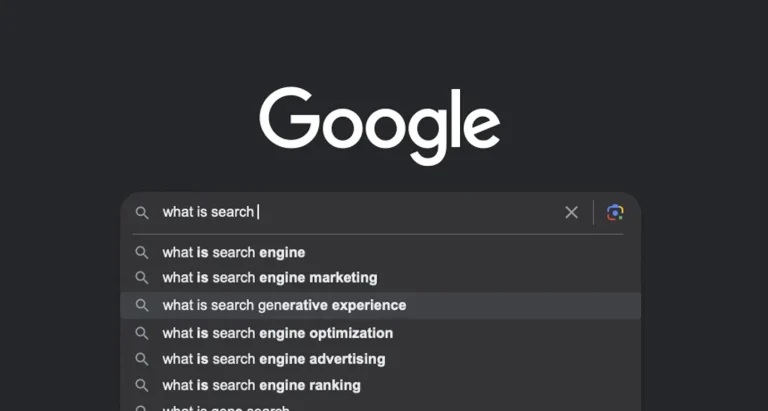Google is more than the little engine that could.
With Google announcing their new AI generative search tool, how should your approach to SEO change?
SEO managers across the globe are already very aware of how their approach to SEO is constantly evolving. The constant efforts of SEO managers includes having to adapt to the different ways the world of search is changing.
It is a constant war of attrition, with trends and algorithm changes stoking the flames of constant one-upmanship. These, however, are simply speed bumps in the road to your destination, top ranking. So what would happen if instead of overcoming a speed bump, a fallen tree blocks the road?
At their 2023 ‘I/O’ event, Google showed off their new, unnamed Generative AI search assistant. The tool uses PaLM 2, a smart language model, to save you time on research and reaching conclusions. Google will generate unique answers for you based on your input by quickly analysing pages containing information relevant to your question.
It will help users to understand topics faster, providing definitive answers on almost any topic. Previously, Google would provide the information, then you would come to a conclusion based on an assessment of that information.
Moving forward, the way people use search engines will change dramatically. For 30-odd years, you would have to click on a few pages for the answer. If you couldn’t find the information you were looking for, you would then have to rephrase your search.
AI is looking like it will change that, while also better understanding your question. You will receive a detailed answer, and there are also other websites available to help you explore the topic further.
Google AI search integration would cause a rapid shift in how we use search tools. How we interact with technology in the age of AI is something that many people are currently struggling to adapt to. Without the necessary information available, people may continue to struggle with it going into the near future.
You will need to adapt your approach to content marketing and find a balance between SEO and high-quality content.





